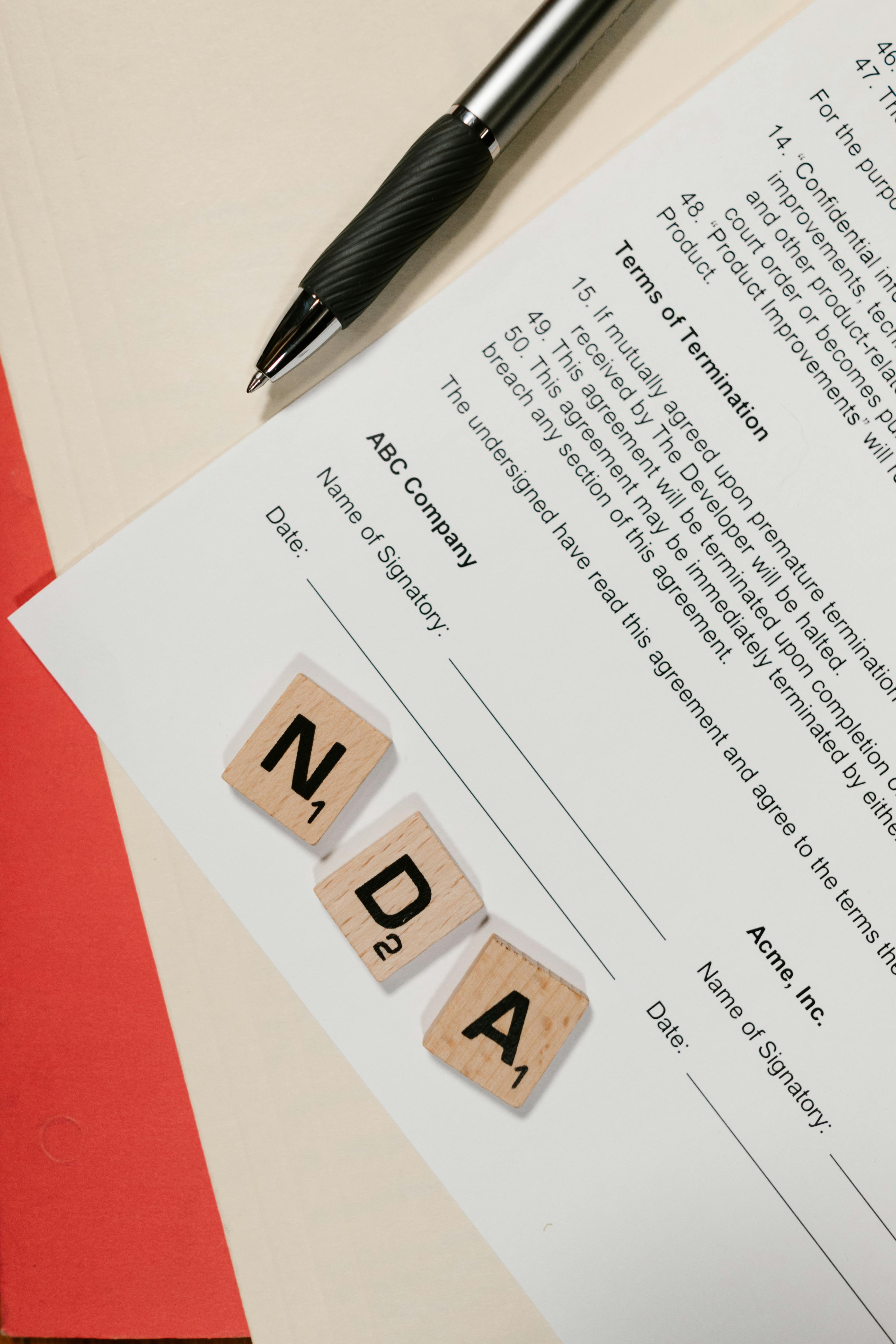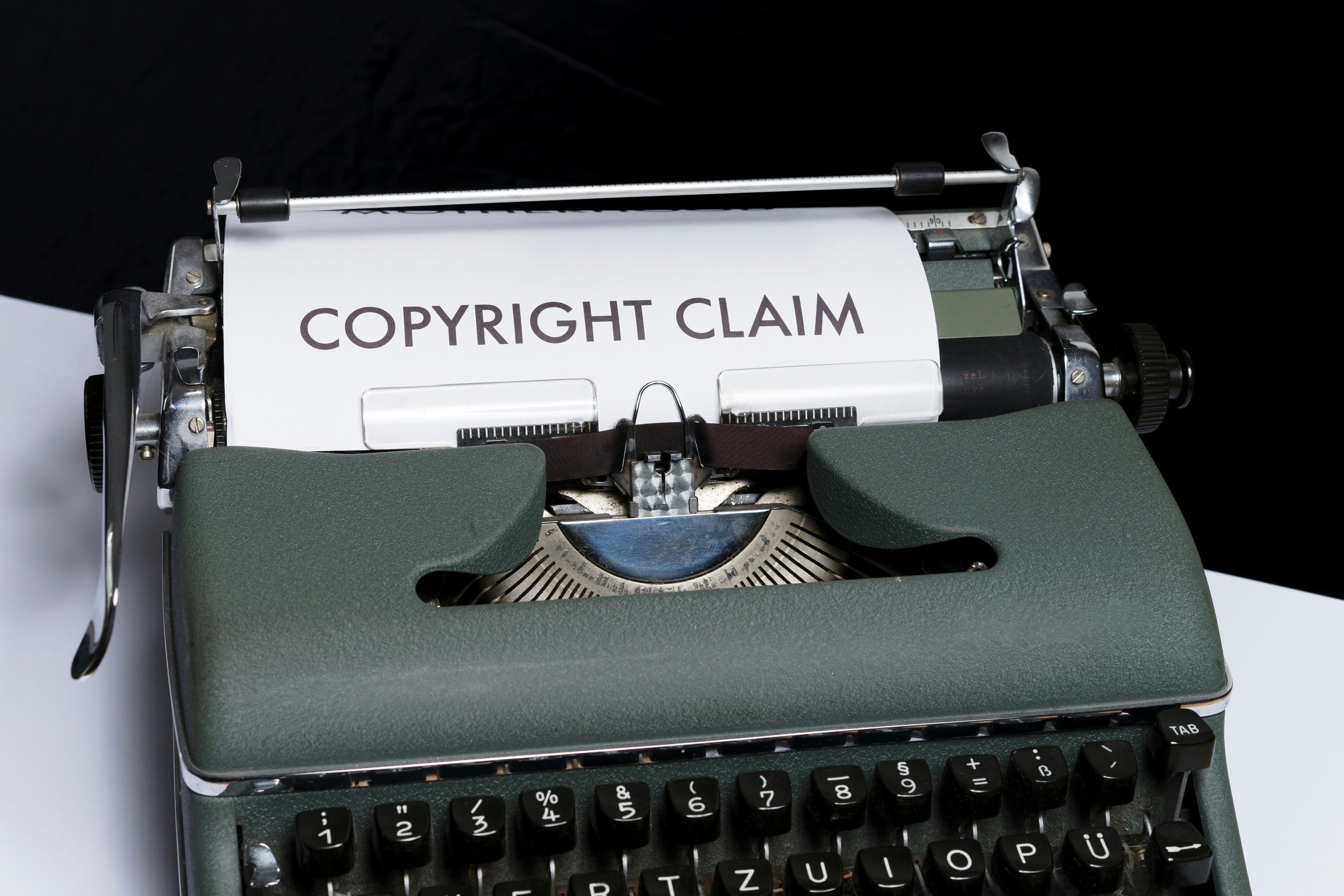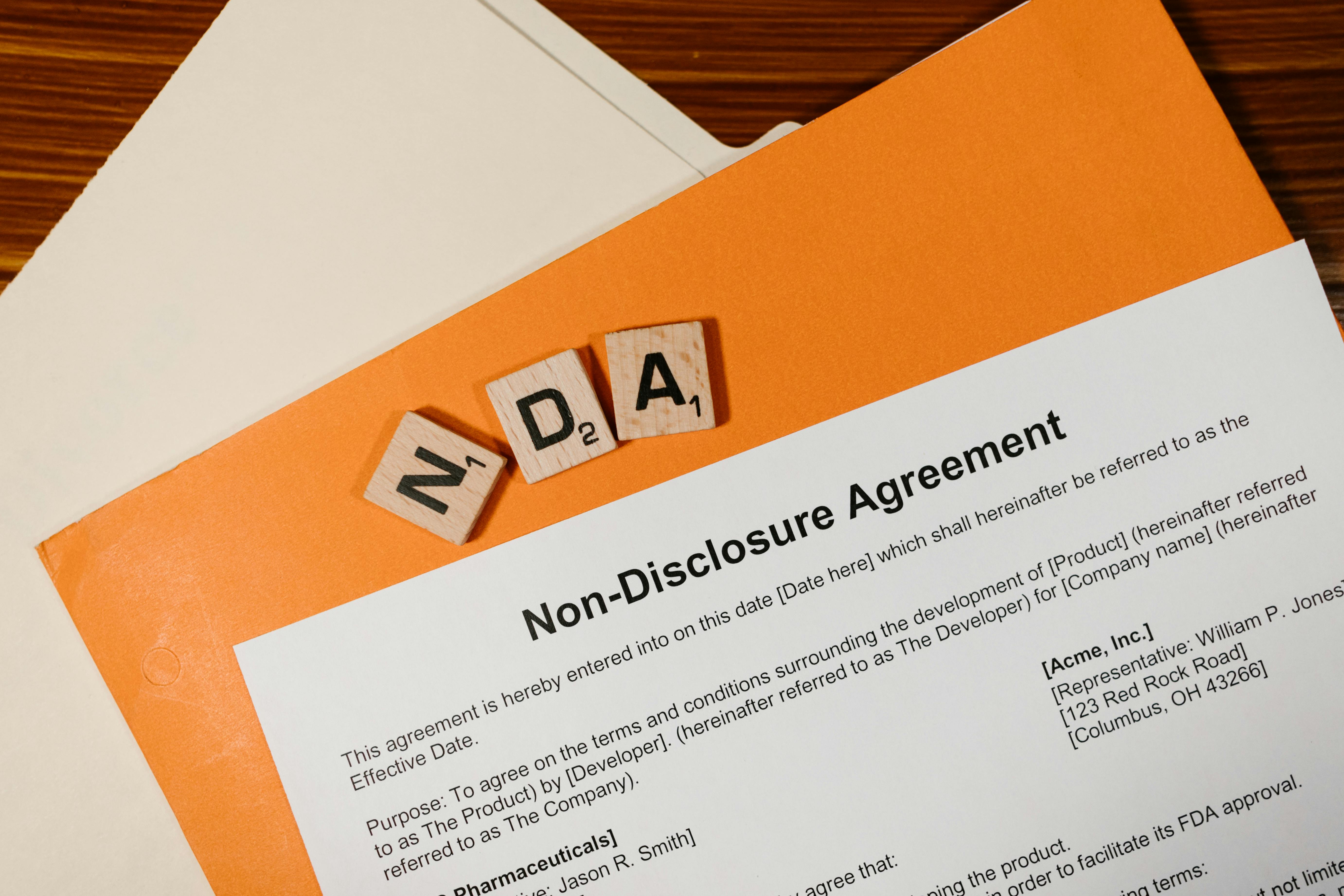A Small Business Loan, also known as a SBA Loan, is a fixed amount of funding given to a small business in exchange for repayment of the loan principal amount plus interest.
A Small Business Loan can be offered by a bank or a qualified money lender and can be used by small businesses for various business purposes such as equipment or vehicle purchases, operating expenses or raising cash flow. Like regular loans, the amount of funding available and the interest rate are dependent upon the credibility of the company.
Strengths and weaknesses of Small Business Loan
| Pros | Cons |
|---|---|
| Low interest rates | Smaller amounts compared to regular bank loan |
| Flexible repayment terms | Longer approval process |
| Lower down payments | Decent credit score often required |
| No collateral is generally needed | Decent credit score often required |
Small business loan vs Conventional bank loan
Similarities:
- Credit Score: For both small business loans and conventional loans, the amount of funding available and the interest rate are dependent upon the credibility of the company. With more solid financials, a company can expect to obtain a bigger loan with a lower interest rate.
- Obligations: Both SBA loan and traditional bank loan offer flexible repayment terms.
Differences:
- Target borrowers: Apparently, only small businesses are eligible to SBA Loans, whereas conventional bank loans are available to all companies.
- Government Assistance: The Hong Kong government has also set up a number of different funding schemes to help small businesses in obtaining loans from banks or money lenders. (See below)
Terms of the loan: A small business loan and a traditional bank loan differ in terms of loan amount, interest rate, repayment term, turnaround time and security requirement. Please see the table below for some general information:
| Small business loan | Traditional bank loans | |
|---|---|---|
| Loan amount | HKD 400,000 to 40 Millions | Over 2 Millions |
| Repayment terms | 5 – 25 years | 1 – 20 years |
| Interest rate | 6% – 13% per annum | 5% – 10% per annum |
| Turnaround time* | 30 days to 6 months | 2–4 months |
| Securities | Generally not required | Normally required |
* Turnaround time means the amount of time taken by the bank to grant a loan.
Hong Kong Government Scheme
Due to the high-risk nature, banks might not be willing to lend money to small businesses. That is why there are a number of government schemes in place to assist small businesses to obtain loans from money lenders. Here are some examples:
SME Loan Guarantee Scheme (SGS): The Hong Kong Government will act as a guarantor to provide loan guarantee to SMEs. That gives assurance to banks and money lenders as the downside of lending money to small businesses is covered by the government.
Microfinance Scheme: This scheme offers loans to micro businesses and start-ups. Borrowers can enjoy a bigger loan amount with lower interest rate, longer loan tenure and even principal repayment holiday for up to 12 months.
For more information on funding schemes for small businesses, click here.
Hong Kong Law
Borrowing money from a financial institution which is not a bank is governed by the Money Lending Ordinance (MLO), whereas a bank loan is governed by the Code of Banking Practice (Code). Both regulations set out how money lenders should conduct their business.
The MLO is sometimes considered obsolete by parties in the market as it was enacted in 1980. Nevertheless, it provides borrowers with a number of protections, here are some of them:
- Venue of the business: Not to carry on business at any place other than the premises specified in the license.
- Formality: To have a written note or memorandum, which contains mandatory and important information, personally signed by the borrower with 7 days after entering into a loan agreement
- Maximum Interest Rate: Not to charge interest at an effective interest rate above 60% per annum
- Illegal fees and charges: Not to charge any fees incidental to or relating to the negotiation for or the granting of the loan
The Code, though sometimes considered as less stringent than the MLO, also set out some rules which aim to protect borrowers. Below are some examples :
- To communicate to the borrower the major information (such as the right of setting off the debt in other bank account)
- To charge interest at an effective interest rate higher than 48% per annum only when there are good reasons to justify doing so.
Do I need a loan agreement?
In Hong Kong, a loan can be given by an authorized money lender or a bank. A small business or start-up if wishes to borrow money should enter into a Loan Agreement with a lender. A loan agreement operates as a contract between the borrower and the lender and will stipulate the followings:
- Whether this is a secured or unsecured loan
- Principal amount
- Interest rate
- Any conditions to be fulfilled before the loan becomes available to the company
- Dates for repayment
- Obligation of borrowers and lenders
Most banks and money lenders have their standard process on lending money and usually will formulate their own loan agreements with their clients. When a start-up or small business wants to borrow from another business who does not have such a system of lending money, they should consider entering into a written Commercial Loan Agreement.
Please check out our Commercial Loan Agreement template, please be reminded that in case of a secured loan, additional security documents are required.
Mistakes to avoid when borrowing money for your business
- A borrower should carefully observe the terms of the loan agreement including the important clauses such as repayment terms and interest rate, as a company will be bound by them once signed.
- A borrower should, before borrowing money, do an in-depth research on other available sources. This will help you to pick the offers with the best lending terms.
- A company should clearly identify how much money needs to be raised before going out looking for loans.
- Loan agreements or (security documents, if any) are often very complicated and not understandable to laypeople, a borrower should consult a lawyer before signing any contract.
Key takeaways:
- A small business loan is available to small businesses and start-ups. A commercial loan agreement is needed when a company wants to take out a loan.
- A small business loan is similar to a conventional bank loan, however, they differ in terms of target borrowers, the availability of government assistance and the terms of the loan.







